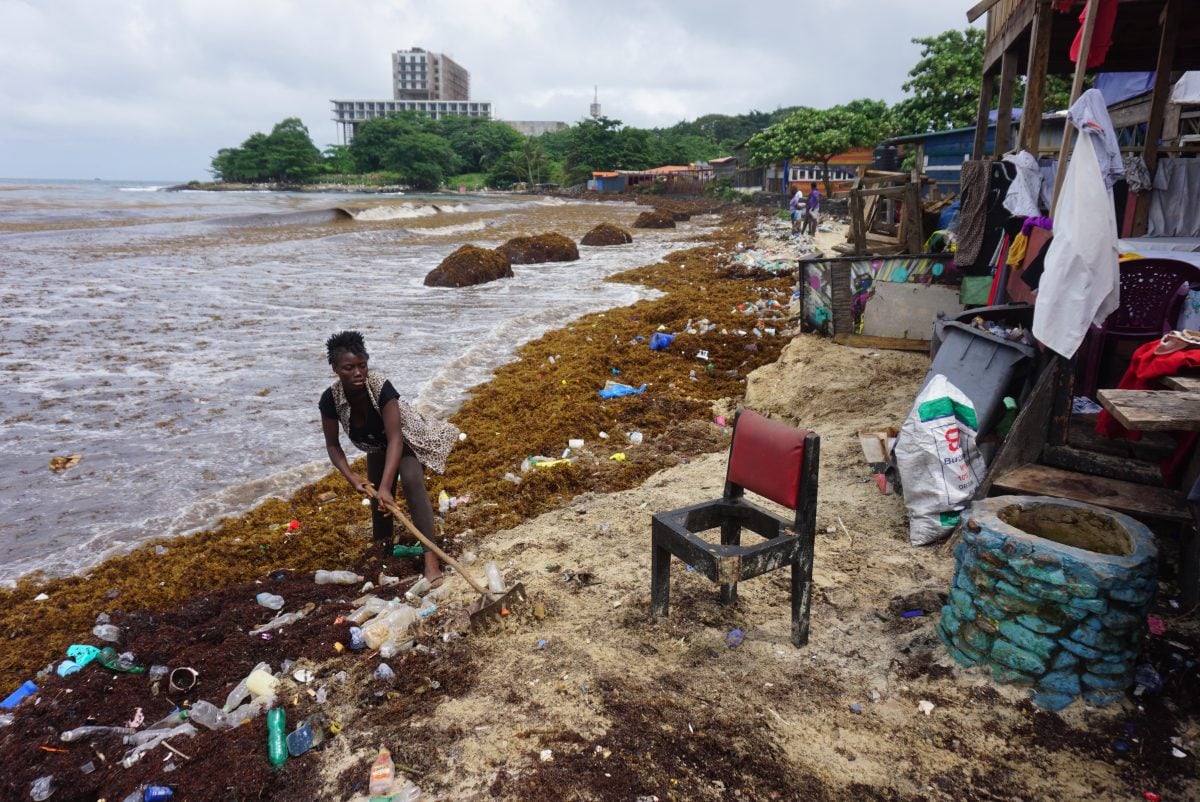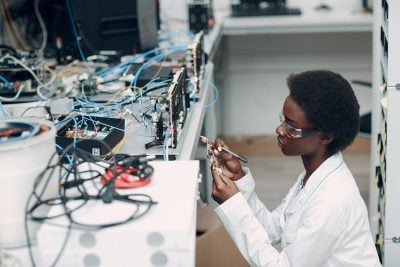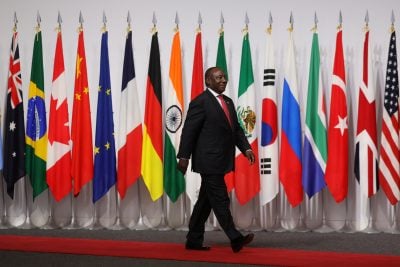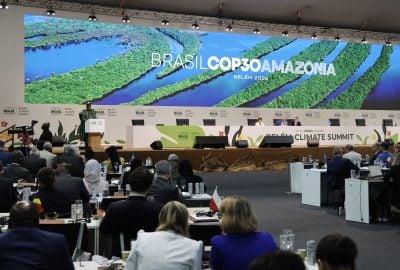Talks on a global agreement to cut plastic waste ended in disappointment on Monday, when negotiations in the South Korean city of Busan broke-up after failing to reach a deal. Campaign groups reacted angrily to the news that oil-producing states had blocked a proposed treaty.
“A license has been given for plastics to continue wreaking havoc in our health and exacerbating the climate crisis,” Gerance Mutwol, plastics campaigner at Greenpeace Africa, told African Business.
Contrary to some media reports, the Busan talks did not ‘collapse’. Instead, governments agreed to continue work towards a treaty at a time to be determined next year. But it is not clear how the divide between countries can be bridged. Plastics are manufactured from oil; therefore oil-producing states, many of which also have large plastic manufacturing industries, fear a treaty could be economically damaging.
Saudi Arabia, Russia and Iran led opposition to a key clause in a proposed treaty text that would have included a legally-binding treaty on cutting the overall level of plastics production. These states argued instead that measures to boost recycling would be sufficient to help curb the oceans plastic crisis.
At least 13 African countries – including Ghana, Kenya and Nigeria – joined the so-called ‘high ambition’ group of countries, which argued for a more ambitious treaty, including binding targets to reduce production. With the exception of Rwanda, which co-chaired the high ambition group, African governments took a generally low profile in the negotiations, with many failing to adopt a clear position.
Describing the failure of the talks as a “missed opportunity”, Mutwol adds that “Africa is a net importer of plastics and our governments failing to raise ambition and secure a treaty is a betrayal to our society and a clean future for the generation to come.”
‘Waste colonialism’
Mutwol points out that Africa only accounts for only 5% of plastics production and 4% of consumption. But he says that the continent is increasingly suffering from plastic pollution in its rivers and coastal waters.
This is partly due to “waste colonialism”, in which plastic waste produced in other continents is exported. Several African governments have accepted waste imports from overseas in recent years, despite lacking disposal or recycling infrastructure. Senegal, for example, saw a sudden upsurge in waste imports from the United States in 2019, after China – previously the largest recipient of US-produced waste – imposed a ban on waste imports.
A report produced by the OECD in 2022 estimates that plastics use is set to grow faster in Africa than any other continent in the coming decades, with a sixfold increase between 2019 and 2060.
More positively, Mutwol suggests that Africa can be a leader in solutions to the plastics waste crisis.
“Africa’s traditional knowledge on refill and reuse systems can be scaled to phase out the over dependence of plastics in our daily lives,” he says. Indeed, the continent has already been at the forefront of world-leading initiatives in this space. Rwanda’s ban on plastic bags, first implemented in 2008, has now been copied by many countries around the world.
Meanwhile, efforts are continuing to promote plastic recycling in several African countries. Michael Bennett, a South African marine consultant affiliated with the Centre for Blue Governance at the University of Portsmouth, blamed the failure of talks in Busan partly on an “overly ambitious timeline”, but predicts that “South Africa will continue to address plastic pollution at a national level.” He highlights the South African Initiative to End Plastic Pollution in the Environment, launched in 2019, as helping to mobilise efforts. South Africa already recycles more than half of some types of plastic.
Despite progress at the national level, many NGOs are still focused on securing a global treaty. Zaynab Sadan, WWF’s global plastics policy co-lead, told African Business that she would like to see a treaty include measures to phase-out and ultimately ban the most harmful plastic products and associated chemicals. Harmonised product design standards are also needed, she says, to make it easier to reuse and recycle plastics.
Sadan insists that governments must “urgently” work to adopt an ambitious treaty at the next round of talks. “At the resumed session countries must be prepared and ready to deliver a legally binding text that finally puts us on a course to eliminate plastic pollution. People and nature cannot afford further delays.”
Want to continue reading? Subscribe today.
You've read all your free articles for this month! Subscribe now to enjoy full access to our content.
Digital Monthly
£8.00 / month
Receive full unlimited access to our articles, opinions, podcasts and more.
Digital Yearly
£70.00 / year
Our best value offer - save £26 and gain access to all of our digital content for an entire year!

 Sign in with Google
Sign in with Google 



